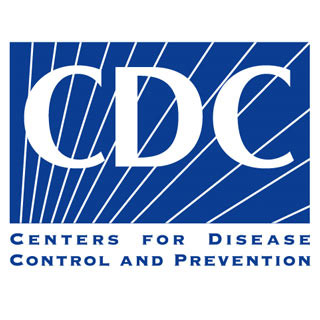
The 2010 dietary guidelines recommend African Americans, people aged 51 or older , those suffering from high blood pressure, diabetes, or chronic kidney disease,and most of the populace aged 2 and more to restrict their sodium intake to 1,500 milligrams per day. As per the guide, all others are to consume less than 2,300 milligrams of sodium per day. It further suggests everyone to increase the intake of potassium in their diet. The amount that it recommended is 4,700 milligrams per day.
“The study’s findings are particularly troubling because U.S. adults consume an average of 3,300 milligrams of sodium per day, more than twice the current recommended limit for most Americans. This study provides further evidence to support current public health recommendations to reduce sodium levels in processed foods, given that nearly 80 percent of people’s sodium intake comes from packaged and restaurant foods. Increasing potassium intake may have additional health benefits,” elaborated Elena Kuklina, M.D., Ph.D., an investigator on the study and a nutritional epidemiologist with CDC’s Division for Heart Disease and Stroke Prevention
Sodium is basically consumed as salt and is also added to processed and restaurant foodstuffs. Potassium is naturally available in many fresh foods. Processed meats, cheese, bread, soups, all sorts of junk and fast foods are supposed to have more of sodium. On the other hand, leafy vegetables such as spinach and collards, grapes, blackberries, carrots, potatoes and citrus fruits such as orange or grapefruit are rich sources of potassium.
Usually, people who lower their sodium intake, and increase their potassium consumption or do both may experience improved blood pressure, and reduced risks of developing other serious health problems. This study suggests adults to opt for fresh fruits and vegetables while avoiding processed meat or poultry. Professionals also recommend everyone to read the nutrition labels of food before purchasing any food item and asking for low salt eateries from food joints or restaurants. CDC has further plans of keeping tabs on sodium intake of individuals and extending the scientific literature on sodium and good health.
The study is published in the Archives of Internal Medicine.
